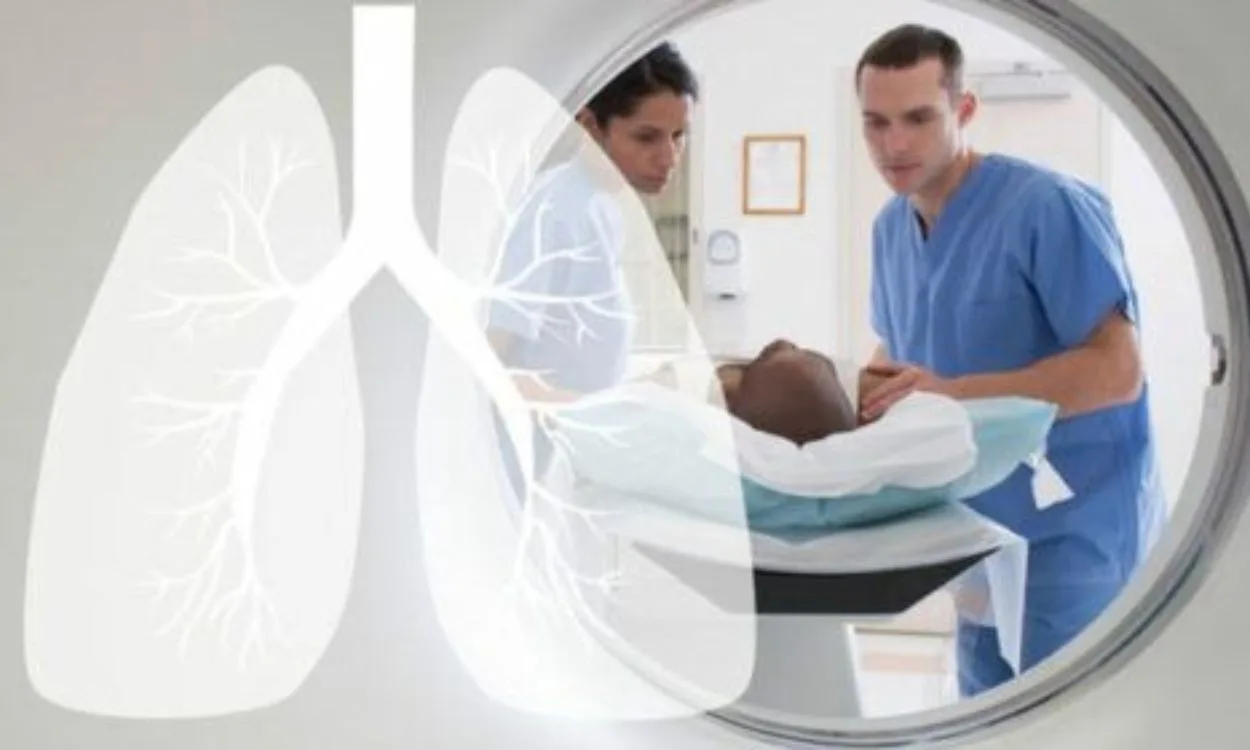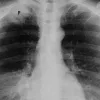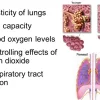What are the Treatment Options for Lung Cancer?
Introduction
Lung cancer is a serious and life-threatening disease that affects a significant number of individuals worldwide. It is important to understand the different treatment options available to manage this condition effectively. In this article, we will explore the various treatment approaches for lung cancer, focusing on the Indian population.
Conventional Treatment Options
- Surgery
- Lobectomy: The surgical removal of the affected lobe of the lung.
- Pneumonectomy: The complete removal of one lung.
- Wedge Resection: Removal of a small, wedge-shaped portion of the lung.
- Radiation Therapy
- External Beam Radiation: High-energy beams are directed at the tumor to destroy cancer cells.
- Brachytherapy: Radioactive material is placed inside the body near the tumor.
- Stereotactic Body Radiation Therapy (SBRT): Highly focused radiation is delivered to the tumor from different angles.
- Chemotherapy
- The use of drugs to kill cancer cells throughout the body.
- May be administered orally or intravenously.
- Often used in combination with other treatment modalities.
- Targeted Therapy
- Drugs that specifically target genetic mutations or other specific characteristics of cancer cells.
- More effective and less harmful to normal cells compared to traditional chemotherapy.
- Examples include EGFR inhibitors, ALK inhibitors, and ROS1 inhibitors.
- Immunotherapy
- Stimulates the body’s immune system to recognize and destroy cancer cells.
- Checkpoint inhibitors like Pembrolizumab and Nivolumab are commonly used.
- Can have fewer side effects compared to other treatments.
Emerging Treatment Approaches
- Precision Medicine
- Individualized treatment based on a patient’s specific genetic profile.
- Helps identify targeted therapies that are most likely to be effective for a particular patient.
- Involves genomic testing to understand the genetic makeup of the tumor.
- Immunotherapy Combinations
- Combining different immunotherapy drugs to enhance the immune response.
- Research is ongoing to determine the most effective combinations.
- Gene Therapy
- The introduction of genetic material into cancer cells to inhibit their growth or kill them.
- Experimental treatment under investigation.
- Shows potential for treating certain types of lung cancer.
Integrative and Supportive Therapies
- Palliative Care
- Focuses on providing relief from symptoms and improving the quality of life.
- Helps manage pain, stress, and other side effects of treatment.
- Offers emotional and psychological support to patients and their families.
- Nutritional Support
- A balanced diet is essential for maintaining overall health during cancer treatment.
- Working with a nutritionist to develop a personalized meal plan can be beneficial.
- Exercise and Physical Therapy
- Regular physical activity can help improve strength, stamina, and overall well-being.
- Physical therapy can assist in maintaining or regaining mobility.
- Mind-Body Techniques
- Techniques like meditation, yoga, and breathing exercises can reduce stress and improve mental well-being.
- Provide relaxation and a sense of control during the treatment process.
Conclusion
Lung cancer treatment options vary depending on the stage of the disease, the individual’s overall health, and specific characteristics of the tumor. Conventional treatments like surgery, radiation therapy, chemotherapy, targeted therapy, and immunotherapy are widely used. Emerging approaches such as precision medicine, immunotherapy combinations, and gene therapy hold promise for improving outcomes. It is important to consider integrative and supportive therapies to manage symptoms, improve quality of life, and support the overall well-being of patients.
Get Fitpaa App for Personalized Support
If you or your loved one is dealing with lung cancer, it is crucial to have personalized support and guidance throughout the treatment journey. Fitpaa, an end-to-end AI-driven health and fitness app, offers a range of features and services to help you achieve your health and fitness goals. With Fitpaa, you can access a team of fitness coaches, nutritionists, and doctors who will create a personalized Fitpaa Capsule, incorporating medical therapy, exercise therapy, nutrition therapy, and cognitive behavior therapy to optimize your metabolism and support your overall well-being.
Fitpaa’s real-time guidance technology, habit-building concepts, and timely nudges will keep you motivated and inspired to follow your personalized plan. The Fitpaa app provides a virtual workout trainer, diet tracker, performance tracking, and progress tracking tools to make following your Fitpaa Capsule easy and convenient.
Remember, your well-being is Fitpaa’s mission. Download the Fitpaa app today and experience the joy of achieving your health and fitness goals with guaranteed results. Start your journey towards a fit and healthy life today!









